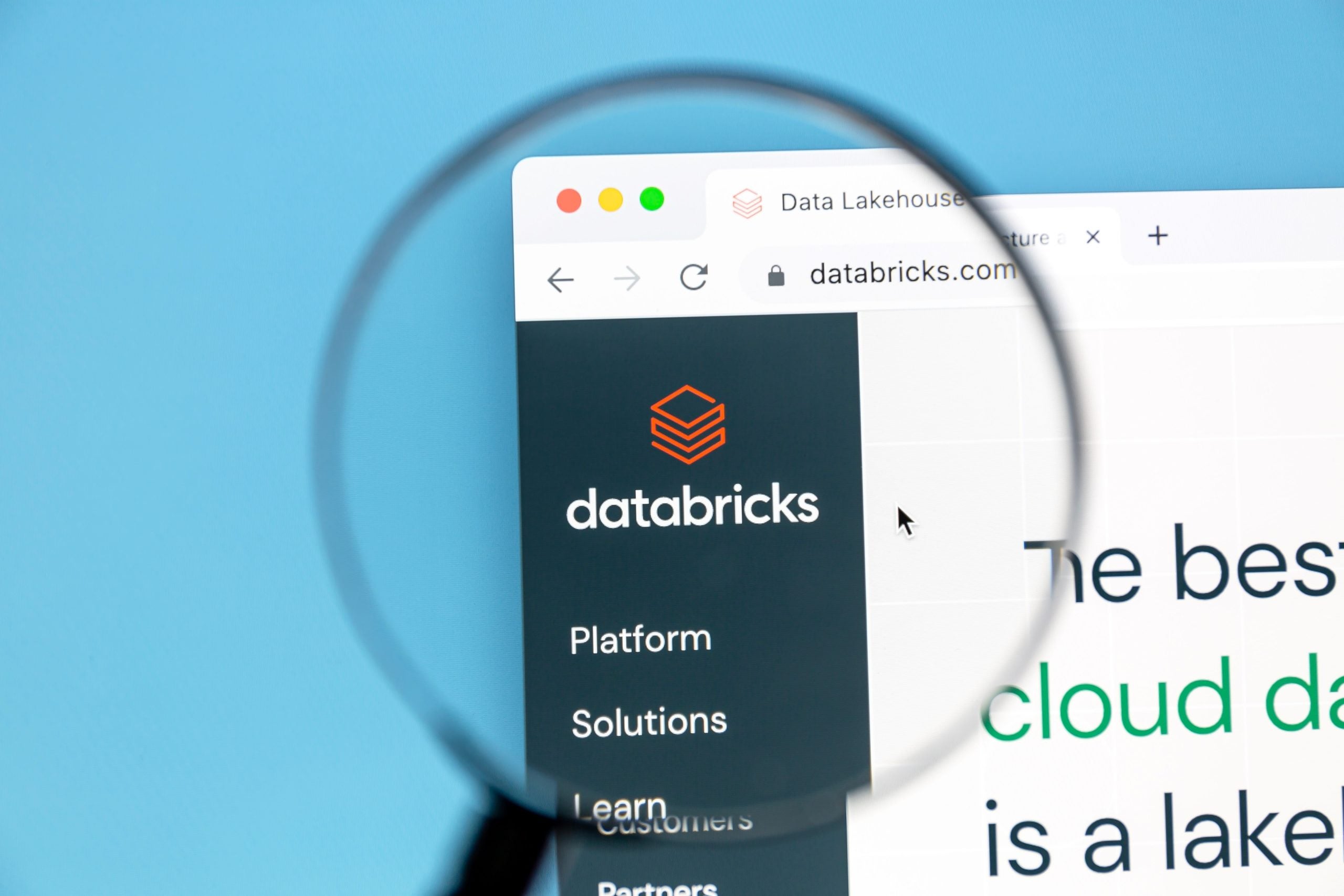
US-based software company Databricks is set to acquire database replication platform Arcion for $100m.
Last month Databricks raised $500m at a $43bn valuation. T. Rowe Price led the funding round which included investments from Nvidia and Capital One Financial Corp.

Access deeper industry intelligence
Experience unmatched clarity with a single platform that combines unique data, AI, and human expertise.
The acquisition will allow Databricks to incorporate data from various enterprise sources into its Databricks Lakehouse Platform.
A data lakehouse allows companies to store and process data by collating both functions into a single platform. It has applications for artificial intelligence (AI) and machine learning.
Databricks is developing its large language model (LLM) algorithms that can generate content using large datasets, to complement its tools for data and analytics.
The overwhelming success of OpenAI’s LLM ChatGPT has spawned a series of competitors, such as Google’s Bard and Baidu‘s Ernie 3.0.

US Tariffs are shifting - will you react or anticipate?
Don’t let policy changes catch you off guard. Stay proactive with real-time data and expert analysis.
By GlobalData“Arcion’s real-time, large-scale CDC data pipeline technology extends Databricks’ market-leading ETL solution to include replication of operational data in real-time,” said Gary Hagmueller, CEO of Arcion.
Arcion’s change data capture engine combines data from 20 enterprise databases, including Oracle, Salesforce and Snowflake.
“To build analytical dashboards, data applications, and AI models, data needs to be replicated from the systems of record like CRM, ERP, and enterprise apps to the Lakehouse,” said Ali Ghodsi, Co-Founder and CEO at Databricks.
In July, Databricks signed a definitive agreement to buy generative AI solutions provider MosaicML for nearly $1.3bn. The companies plan to open up generative AI to all businesses, allowing them to develop, control, and secure generative AI models using their data at much lower costs.






